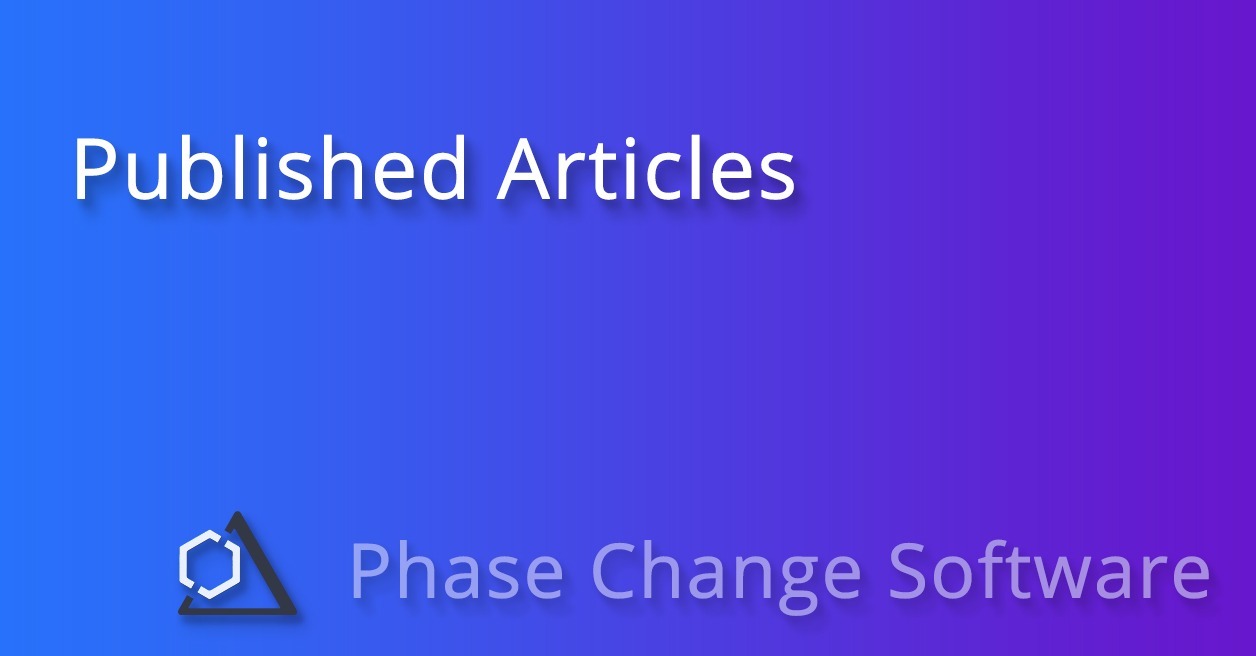Solving the issues with current documentation practices
Software development is typically a team endeavor. Developers may work on separate projects but many times their work intersects with modules others are building. Even individuals creating their own applications must refer back to prior work to track source-code changes and limit vulnerabilities. Creating proper documentation for teamwork and legacy code should be a top […]





